More hot weather “might be good for the local economy”, according to a Perthshire-based expert in crop science.
Professor Derek Stewart is the director of the Advanced Plant Growth Centre (APGC) at the James Hutton Institute in Invergowrie.
He said higher temperatures could provide Tayside and Fife farmers with a boost in producing some of the region’s key cash crops.
Local businesses make huge profits producing and selling soft fruit, seed potatoes and cereals.
But if prolonged spells of heat become the norm then local farmers could have to change what they grow and how they grow it.
Sustained hot periods – such as the ongoing heatwave – will damage the famously fertile soil across Angus and parts of Fife and Perthshire.
Professor Stewart acknowledged the huge, negative global impacts of climate change.
But he added there are likely to be some benefits for Tayside and Fife agricultural businesses on a “micro-level”.
Professor Stewart said: “In a micro-environment, Scotland might be expanding the level it can grow into.
“That’s at the loss of huge areas in the south of England, Spain and places like that.
“The demand for Scotland to produce more food will only increase because we will have to start supplying down south a lot more.
“Climate change is a bad story. On a local level – it could bring some benefits for the local economy.”
Split berries in sweltering polytunnels
He said cereal growers may benefit from reduced overheads from a drier harvest where soft fruit growers will see less fungal plant disease.
But the sweltering temperature inside the polythene tunnels, where much of the local fruit is grown, could split the berries as well as cause pickers serious issues.
And while slightly hotter temperatures could increase seed potato yields – a key cash crop in the area – prolonged rocketing temperatures could send yields “through the floor”.
According to the latest local forecasts, the current heatwave is likely to taper away towards the end of the week.
Derek said longer periods of sustained high temperatures would seriously damage crop production.
“They cause problems. We’re growing plants that have been adapted to a traditional Scottish climate.
“If we get these kinds of temperatures for several days in a row then it heats the soil up to a phenomenal temperature as well.
“You start to kill of beneficial stuff in the soil after a prolonged period.
“A couple of days. That’s not too bad.
“Anything like a fortnight then that’s not good news for anyone.
“You start to kill everything off.”
That eventuality could lead to farmers growing potato varieties first developed by James Hutton researchers for African nations such as Malawi and Kenya.
Or ditching traditional Tayside and Fife staples entirely.
He added: “If we get regular prolonged heat temperatures then we might be growing more unusual crops such as soya bean and hemp.”
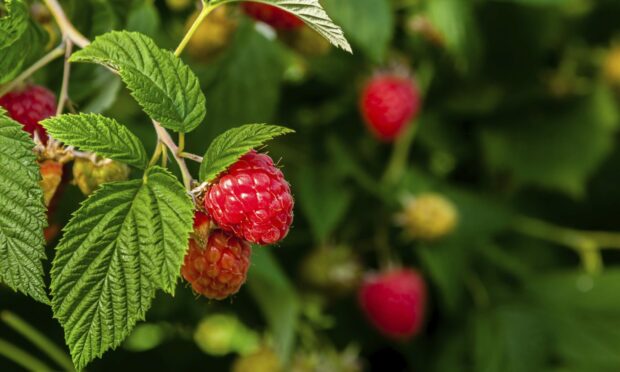


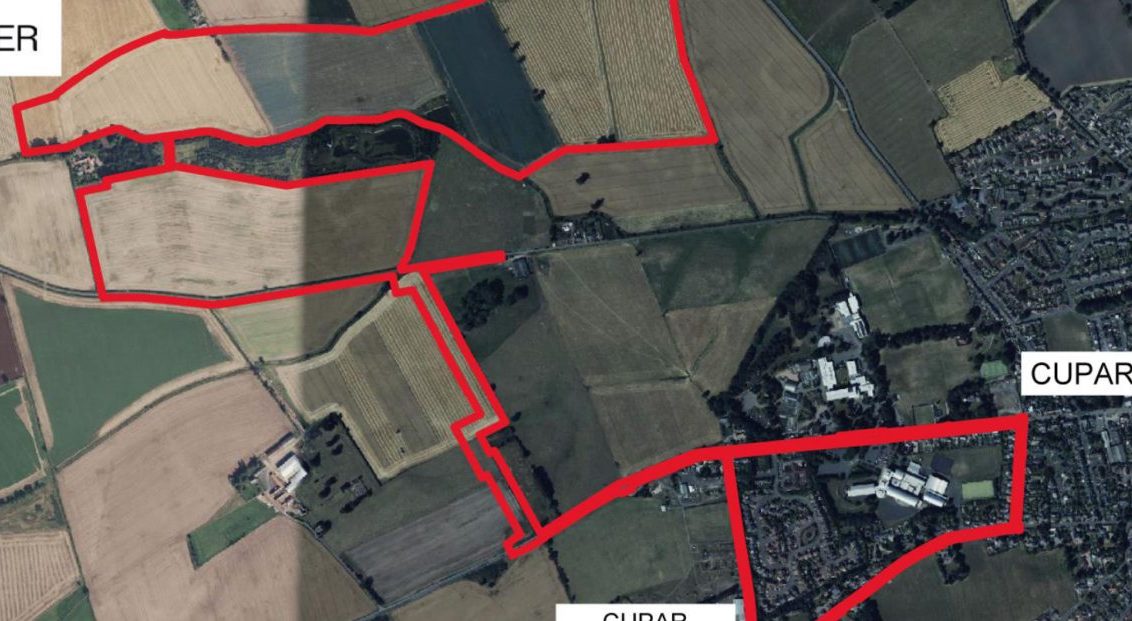
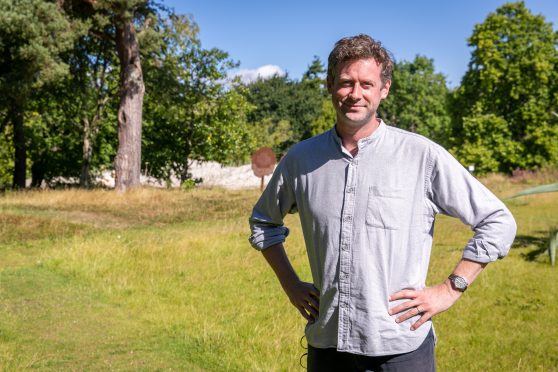
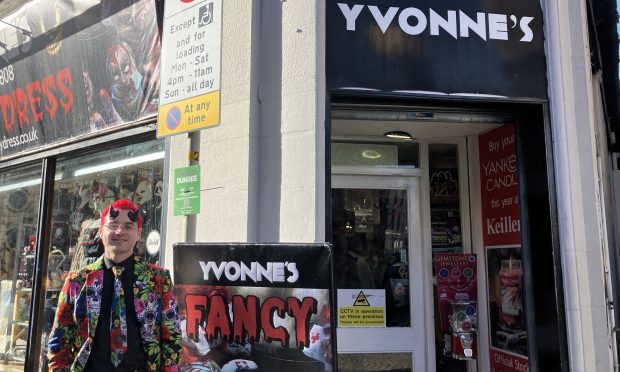
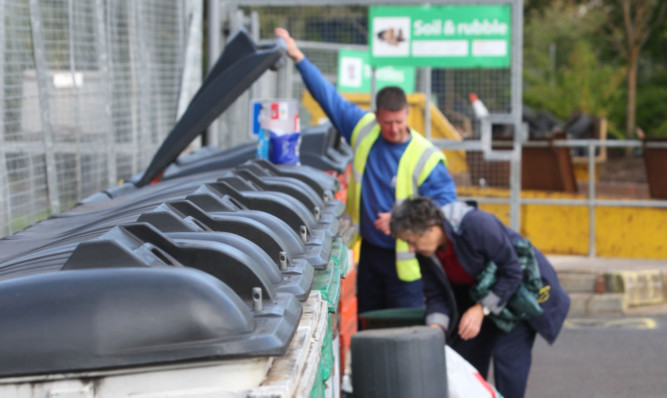
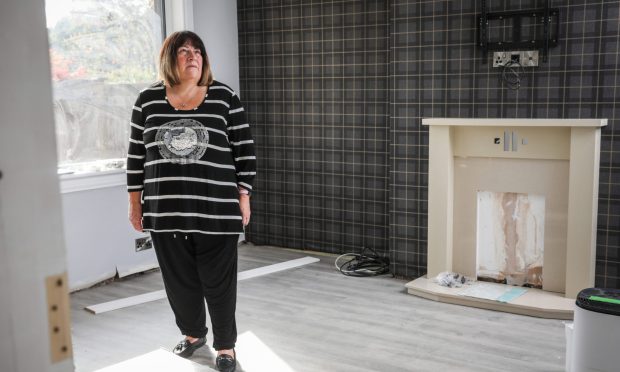

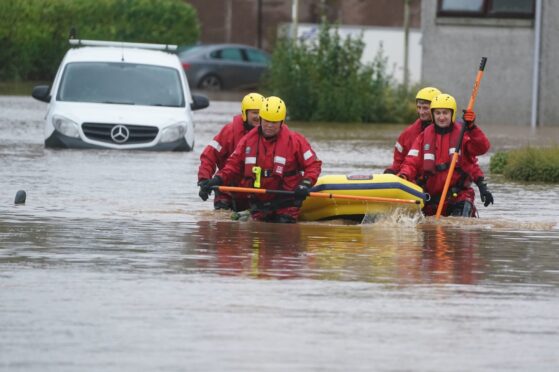
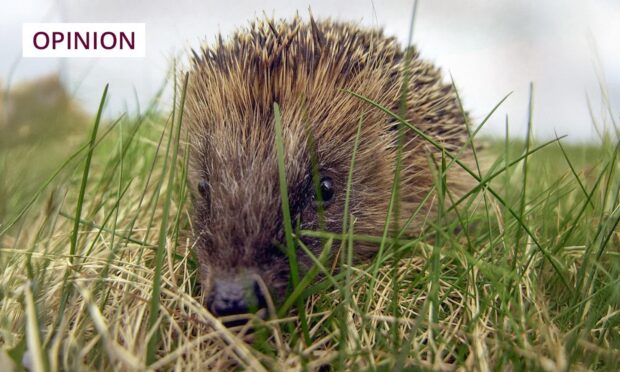
Conversation